It’s impossible to ignore how quickly artificial intelligence has found its way into the world of recruitment. From CV screening tools to automated interview scheduling and even candidate matching algorithms, AI has certainly brought a wave of efficiency to the process. But while these tools can help speed things up and reduce admin, there’s a growing question we all need to ask: how do we keep the human element alive?
At Malikshaw, we work with clients across the public and private sectors, and we’ve seen the impact of AI-led tools first-hand. In some central government departments, for example, automation is already being used to sift thousands of applications for project and transformation roles—cutting weeks off the hiring timeline. That’s powerful. But we’ve also heard concerns: are we missing out on great candidates who don’t fit the algorithm? Is there room for nuance in a system that favours keywords over context?
The pressure to deliver quickly—especially on high-profile transformation programmes—makes AI appealing. Interim recruitment in particular can benefit from tools that flag candidates with niche skills or experience almost instantly. But at what point does it become too transactional?
Take the NHS, where some trusts have piloted AI tools to streamline hiring for administrative and operational support roles. In theory, it’s a game-changer. But in practice, there have been reports of candidates slipping through the net due to overly rigid screening criteria. It highlights the need for balance: technology should support human judgement, not replace it.
That’s why at Malikshaw, we see AI as a co-pilot, not a substitute. We still believe there’s no replacement for speaking to a candidate, understanding their motivations, and seeing how they might fit into a client’s culture—particularly in the public sector, where soft skills and adaptability often matter just as much as experience. Recruitment, especially at a senior interim level, is still a people business.
So, how do we get it right? How do we harness the speed and scalability of AI without losing the intuition and empathy that good recruitment depends on?
We’d love to hear your thoughts. Have you had a positive experience with AI-led hiring tools? Have you seen them go too far? And if you're leading a transformation programme, how much do you trust automation in finding the right people for the job?
Let’s keep the conversation going.









